Home>Garden Essentials>Why Is Lawn Care Important
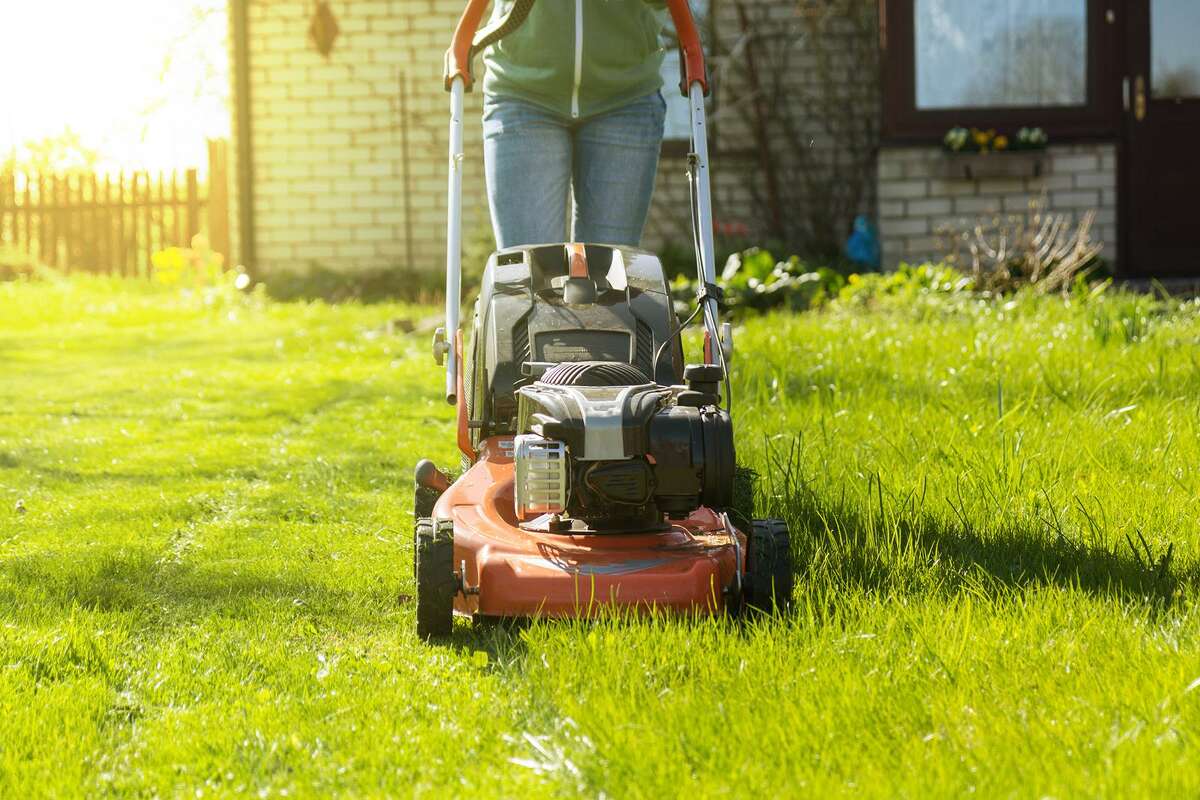

Garden Essentials
Why Is Lawn Care Important
Modified: October 19, 2024
Discover why lawn care is important and how it can enhance your garden. From maintenance to aesthetics, prioritize your garden's health and beauty today.
(Many of the links in this article redirect to a specific reviewed product. Your purchase of these products through affiliate links helps to generate commission for Storables.com, at no extra cost. Learn more)
Introduction
Welcome to the world of gardening and lawn care! Whether you have a sprawling backyard or a small patch of green, taking care of your lawn is essential for a beautiful outdoor space. Not only does proper lawn care enhance the aesthetics of your property, but it also provides numerous environmental and health benefits.
A well-maintained lawn serves as a welcoming space for friends and family to gather, play, and relax. It adds curb appeal to your home and creates a sense of pride for homeowners. But beyond the visual appeal, a healthy lawn contributes to a healthier environment and can even improve your overall well-being.
In this article, we will explore the importance of lawn care and delve into the various ways it can positively impact your life. From enhancing the aesthetics of your outdoor space to promoting a greener environment, we will cover it all.
So, let’s dive into the wonderful world of lawn care and discover why it is more than just a chore. Get ready to unleash your inner green thumb and create a slice of paradise right in your own backyard.
Key Takeaways:
- Proper lawn care not only makes your yard look beautiful but also helps the environment by reducing air and noise pollution, preventing soil erosion, and promoting biodiversity.
- Maintaining a healthy lawn provides mental and physical health benefits, such as reducing stress, promoting physical activity, and creating a space for family bonding and outdoor activities.
Aesthetics of a Well-Maintained Lawn
One of the most obvious and immediate benefits of proper lawn care is the improvement in the aesthetics of your outdoor space. A well-maintained lawn creates a visually appealing landscape that enhances the overall beauty of your property.
A lush green lawn acts as a natural canvas, providing a backdrop for your garden and other landscaping features. It adds a touch of elegance and serenity, transforming your yard into a tranquil retreat. A neatly trimmed lawn with defined edges gives a tidy and organized look to your outdoor space.
In addition to its aesthetic appeal, a well-kept lawn can also increase the value of your property. Real estate professionals often highlight the presence of a well-maintained lawn as a selling point for homes. Potential buyers are immediately drawn to properties with attractive outdoor spaces and are likely to perceive them as more valuable.
Furthermore, a healthy and vibrant lawn can significantly improve the overall curb appeal of your home. It creates a positive first impression, making your property stand out in the neighborhood. Whether you’re hosting social gatherings or simply enjoying a moment of tranquility in your backyard, a visually pleasing lawn enhances the overall experience.
Maintaining the aesthetics of your lawn involves regular mowing, trimming, and edging to keep the grass at an optimal length. This ensures a uniform look and prevents overgrowth, weed infestation, and an unkempt appearance. Regular watering, fertilizing, and weed control are also crucial for maintaining a vibrant and healthy lawn.
Remember, a beautiful lawn doesn’t happen overnight. It requires consistency and commitment to regular maintenance. By investing time and effort in caring for your lawn, you will reap the rewards of a stunning and inviting outdoor space.
Environmental Benefits of Proper Lawn Care
Aside from the visual appeal, taking care of your lawn has significant environmental benefits. A well-maintained lawn contributes to a greener and more sustainable environment in various ways.
Firstly, a healthy lawn acts as a natural air purifier. The grass blades absorb carbon dioxide and other pollutants from the atmosphere, releasing oxygen in return. This helps improve air quality and create a cleaner and healthier environment for you and your community.
Lawns also play a vital role in preventing soil erosion. The roots of grass help hold the soil in place, preventing it from being washed away by rainwater or blown away by strong winds. By maintaining a healthy lawn, you are protecting the topsoil and preserving its nutrients, which is essential for plant growth.
Additionally, a well-maintained lawn helps to mitigate noise pollution. The thick grass and soil absorb sound waves, reducing noise levels and creating a more peaceful outdoor environment. This is particularly beneficial if you live in a noisy neighborhood or near busy roads.
Furthermore, lawns act as natural coolants in urban areas. The grass and soil absorb and deflect heat, reducing the heat island effect and making your surroundings more pleasant during hot summer days. This cooling effect also extends to your home, potentially lowering the need for excessive air conditioning and reducing energy consumption.
A properly cared for lawn also contributes to water conservation. By following watering best practices, such as watering deeply but infrequently, and avoiding overwatering, you are not only preventing water waste but also encouraging the development of deep and strong root systems. Deep roots are more efficient in accessing moisture from the soil, reducing the need for constant irrigation.
Lastly, a well-maintained lawn promotes biodiversity by providing a habitat for various beneficial insects and wildlife. Bees, butterflies, and other pollinators are attracted to flowering plants in your lawn, helping to support their populations. Additionally, a healthy lawn serves as a food source for birds and small mammals, creating a balanced ecosystem in your outdoor space.
By maintaining your lawn with eco-friendly practices, you are making a positive impact on the environment and fostering a healthier and more sustainable ecosystem.
Health Benefits of Maintaining a Lawn
Did you know that maintaining a lawn goes beyond just enhancing the aesthetics and environmental aspects? It also provides several health benefits that can improve your overall well-being. Let’s explore some of these benefits.
Firstly, spending time outdoors in your well-maintained lawn can boost your mood and mental well-being. Research has shown that being in nature, even for a short period, can reduce stress, anxiety, and feelings of depression. The sight of greenery and the fresh air can have a calming effect, promoting relaxation and reducing tension.
Additionally, spending time in your lawn encourages physical activity. Regular lawn maintenance tasks such as mowing, raking, and gardening require physical exertion, which can improve cardiovascular fitness, strength, and flexibility. This can contribute to maintaining a healthy weight and reducing the risk of chronic diseases like heart disease and obesity.
Moreover, a well-tended lawn provides opportunities for outdoor activities and recreation. You can play sports, have a picnic, or simply enjoy a leisurely walk or yoga session on your soft grass. Engaging in outdoor activities allows you to soak up Vitamin D from the sun, which is essential for bone health and immune function.
A maintained lawn also promotes family bonding and social interaction. It offers a safe and inviting space for children to play, run, and explore. Family members can come together for barbecues, garden parties, or simply to relax and enjoy each other’s company. This strengthens relationships and creates lasting memories.
In addition to the mental and physical benefits, maintaining a lawn can also improve the air quality around your home. Grass acts as a natural filter, trapping dust, allergens, and pollutants from the air. This can be especially beneficial for individuals with respiratory conditions or allergies, providing them with cleaner and healthier air to breathe.
Lastly, gardening in your lawn can be a therapeutic activity for individuals of all ages. The act of planting, nurturing, and harvesting plants fosters a sense of purpose, satisfaction, and accomplishment. It provides an opportunity to connect with nature and engage in a mindful and relaxing activity.
Overall, the health benefits of maintaining a lawn are numerous. From reducing stress and promoting physical fitness to providing opportunities for recreation and enhancing air quality, it is evident that a well-kept lawn can contribute to a healthier and happier life.
Preventing Weed Growth
One of the challenges that every lawn owner faces is dealing with weeds. These pesky invaders can quickly take over your lawn, competing with your grass for nutrients, water, and sunlight. However, with proper lawn care, you can prevent weed growth and maintain a lush and weed-free lawn. Let’s explore some effective strategies for weed prevention.
Firstly, regular mowing is an essential practice to keep weeds at bay. By mowing your lawn at the recommended height for your grass type, you ensure that the grass blades shade the soil, preventing weed seeds from germinating. Additionally, cutting the grass to the proper height encourages a thicker turf, making it less favorable for weed growth. Remember to adjust the mower blade height according to the season and grass type to maintain optimal lawn health.
Another crucial step in weed prevention is proper watering. Watering deeply and infrequently encourages the grass roots to grow deep into the soil. This makes the grass more resilient and competitive against weed growth. Avoid frequent shallow watering, as it promotes shallow root growth, leaving the grass weak and susceptible to weed invasion. Additionally, watering in the early morning allows the grass to dry out during the day, preventing the conditions that favor weed growth.
Regularly removing weeds when they are just emerging is crucial in preventing their spread. Weeds produce a large amount of seeds, and if left unchecked, they can quickly multiply and take over your lawn. Employing hand-pulling, using a weed puller tool, or spot treatment with an appropriate herbicide can effectively eliminate the weeds before they have a chance to proliferate. Be sure to identify the types of weeds in your lawn so that you can choose the appropriate method of removal.
Proper fertilization is another key factor in preventing weed growth. By providing your lawn with the necessary nutrients, you help it grow thick and healthy, creating a dense turf that leaves little room for weeds to establish. However, be cautious not to overfertilize, as this can have the opposite effect and actually promote weed growth. Follow the recommended fertilization schedule for your specific grass type and use a slow-release fertilizer to supply nutrients gradually and avoid excess growth.
Lastly, maintaining proper soil health is instrumental in preventing weed growth. Aerate your lawn annually to alleviate soil compaction and promote proper air and water circulation to the roots. This helps the grass thrive while making it difficult for weeds to take hold. Additionally, overseeding your lawn regularly helps to fill in bare patches and crowd out potential weed growth.
By implementing these strategies and staying consistent in your lawn care routine, you can effectively prevent weed growth and maintain a pristine and weed-free lawn. Remember that weed prevention is an ongoing process, and regular maintenance is key to keeping your lawn healthy and beautiful.
Regular lawn care is important to maintain the health and appearance of your lawn. It helps to prevent weed growth, promotes healthy grass growth, and improves the overall curb appeal of your property.
Read more: Why Are Pillows Important
Essential Steps for Lawn Maintenance
Maintaining a healthy and vibrant lawn requires regular care and attention. By following these essential steps for lawn maintenance, you can ensure that your lawn remains lush and beautiful throughout the year.
1. Regular Mowing: Mowing is a fundamental aspect of lawn care. Set your mower blade to the proper height for your grass type and aim to remove no more than one-third of the grass blade with each mowing. This will promote a healthier and denser turf, preventing weed growth and reducing stress on the grass.
2. Proper Watering: Watering your lawn deeply and infrequently is crucial for its health. Aim for about an inch of water per week, and adjust based on rainfall and the needs of your specific grass type. Water in the early morning to reduce evaporation and allow the grass to dry out during the day, preventing disease development.
3. Fertilization: Providing your lawn with the nutrients it needs is key to promoting growth and a vibrant green color. Test your soil to determine any nutrient deficiencies, and apply a balanced fertilizer accordingly. Follow the recommended fertilization schedule for your specific grass type, and be mindful not to overfertilize, as this can lead to excessive growth and weaken the grass.
4. Weed Control: Weeds can quickly invade your lawn and compete with the grass for resources. Regularly inspect your lawn for weeds and remove them as soon as they appear. Use a weed puller tool or spot treat with an appropriate herbicide to effectively eliminate them. Remember to follow the instructions and safety precautions when using herbicides.
5. Aeration: Over time, the soil in your lawn can become compacted, hindering water and nutrient absorption. Aerate your lawn annually to alleviate compaction and promote the circulation of air, water, and nutrients. Use a core aerator or spiked shoes to create small holes in the soil, allowing for better root growth and overall health of the grass.
6. Overseeding: Over time, your lawn may develop bare patches or thin areas. Overseeding involves spreading grass seed over these areas to promote new growth and fill in the gaps. Choose a grass seed that matches your existing grass type and follow the recommended seeding instructions for best results.
7. Pest and Disease Control: Regularly inspect your lawn for signs of pests or diseases. Common issues include grubs, worms, fungus, and brown patches. Identify the problem and take appropriate action, whether it’s using organic pest control methods or seeking professional help to prevent further damage to your lawn.
8. Mulching: Grass clippings can provide natural nutrients for your lawn. Consider leaving them on the lawn after mowing, as long as they are not too long or clumped together. This process, known as “grasscycling,” helps to recycle nutrients back into the soil, reducing the need for additional fertilization.
9. Seasonal Maintenance: Adjust your lawn care routine based on the changing seasons. This includes steps such as dethatching, applying pre-emergent herbicides in the spring, and winterizing your lawn in the fall. Stay informed about the specific needs of your grass type and take appropriate measures accordingly.
By following these essential steps for lawn maintenance, you will create an environment where your grass thrives, weeds are kept at bay, and your lawn remains healthy and beautiful year-round. Regular and consistent care is the key to a vibrant and inviting outdoor space.
Choosing the Right Lawn Care Products
When it comes to maintaining a healthy lawn, choosing the right lawn care products is essential. The market is filled with various fertilizers, herbicides, and pesticides, making it crucial to select products that are suitable for your specific needs and environmentally friendly. Here are some factors to consider when choosing lawn care products.
1. Soil Test: Before applying any lawn care products, it’s recommended to conduct a soil test. This will provide valuable insights into the nutrient levels and pH balance of your soil. Based on the results, you can choose fertilizers that address any deficiencies and adjust the soil pH if necessary.
2. Organic vs. Synthetic: Consider the pros and cons of organic or synthetic lawn care products. Organic products are derived from natural sources and are generally more environmentally friendly. They promote long-term soil health and often provide a gradual release of nutrients. On the other hand, synthetic products are formulated with specific nutrient ratios and provide quicker results. However, they may have a higher risk of leaching into the groundwater and can be harmful to beneficial organisms.
3. Fertilizers: Look for fertilizers that are specifically formulated for your grass type and the needs of your lawn. Choose a balanced fertilizer that contains nitrogen, phosphorus, and potassium (NPK) in the appropriate ratios. Slow-release fertilizers are a good option as they provide a steady supply of nutrients over an extended period. Consider organic options like compost or natural-based fertilizers for a more sustainable approach.
4. Herbicides: When it comes to weed control, opt for selective herbicides that target specific weed species while minimizing harm to the surrounding grass. Read the labels carefully to ensure the herbicide is suitable for your grass type and effective against the weeds you’re dealing with. Consider spot treatments rather than blanket applications to minimize chemical usage and potential harm to beneficial plants and organisms.
5. Pesticides: If pest issues arise, choose pesticides that specifically target the pests you’re dealing with. Look for pesticides with low toxicity levels to reduce the risk of harm to beneficial insects and wildlife. Consider alternative pest control methods such as biological controls, beneficial insects, or companion planting to minimize the need for chemical pesticides.
6. Safety Considerations: Always read and follow the instructions and safety precautions provided on the product labels. Wear appropriate protective gear such as gloves and safety glasses when handling lawn care products. Store them in a secure place away from children and pets, and dispose of any unused products responsibly according to the manufacturer’s instructions.
7. Environmental Impact: Consider the environmental impact of the lawn care products you choose. Look for products that are labeled as environmentally friendly, low in toxicity, and low in environmental persistence. Avoid excessive or unnecessary use of chemicals, and consider organic or natural alternatives whenever possible.
Consulting with lawn care professionals or local garden centers can provide valuable guidance in choosing the right lawn care products for your specific needs. They can recommend products that are suitable for your grass type, climate, and any specific challenges you may face in your region.
By choosing the right lawn care products, you can effectively maintain the health and beauty of your lawn while minimizing environmental impact and promoting sustainability.
Hiring Professional Lawn Care Services
Maintaining a beautiful and healthy lawn requires time, effort, and expertise. If you find yourself unable to dedicate the necessary time or lack the knowledge and tools to properly care for your lawn, hiring professional lawn care services can be an excellent solution. Here are some reasons why hiring professionals can benefit you and your lawn.
1. Expertise and Knowledge: Professional lawn care providers are experienced in all aspects of lawn maintenance and have extensive knowledge of the best practices for your specific grass type, soil conditions, and local climate. They understand the optimal mowing heights, watering schedules, fertilization requirements, and weed control methods to keep your lawn in peak condition.
2. Time Savings: Maintaining a lawn can be time-consuming, especially if you have a large yard or complex landscaping. Hiring professionals allows you to reclaim your valuable time and focus on other priorities in your life. Professionals have the equipment and manpower to efficiently and effectively care for your lawn, allowing you to enjoy a well-maintained outdoor space without the hassle.
3. Consistency: Professional lawn care services provide regular maintenance, ensuring that your lawn receives the consistent care it needs to thrive. They adhere to scheduled visits and follow a customized care plan tailored to your lawn’s specific needs. This consistency in maintenance helps prevent issues such as uneven growth, weed invasion, and nutrient imbalances.
4. Proper Equipment and Tools: Professional lawn care providers have access to high-quality equipment and tools that may be expensive or impractical for homeowners to own. They utilize professional-grade mowers, trimmers, aerators, and other specialized equipment to achieve precise and efficient results. This ensures that every aspect of your lawn care, from mowing to aeration, is done with the right tools for the job.
5. Customized Care: Professional lawn care services offer personalized care based on the unique requirements of your lawn. They assess the current condition of your lawn, identify any issues or areas that need improvement, and provide tailored solutions. This customized approach helps address specific challenges and achieve optimal results for your lawn’s health and appearance.
6. Comprehensive Services: In addition to basic lawn maintenance, professional lawn care services often offer a range of additional services. This may include landscaping design, pest control, irrigation system installation and maintenance, lawn renovation, and more. Having access to these comprehensive services allows you to address all your lawn care needs in one place, saving you the hassle of finding multiple contractors.
7. Peace of Mind: Hiring professionals gives you peace of mind, knowing that your lawn is being cared for by trained and knowledgeable experts. You can trust that they will comply with industry standards, use environmentally friendly practices, and adhere to safety protocols. Additionally, many professional lawn care companies offer warranties or guarantees, giving you further reassurance in the quality of their work.
When selecting a professional lawn care service, do your research and choose a reputable company with positive reviews and a track record of satisfied customers. Consider getting multiple quotes and asking for references to ensure their expertise aligns with your expectations.
By hiring professional lawn care services, you can enjoy a well-maintained lawn year-round while saving time, gaining access to specialized equipment, and benefiting from the knowledge and expertise of experts in the field.
Conclusion
Caring for your lawn goes beyond mere aesthetics; it provides a myriad of benefits for both your property and your overall well-being. Through proper lawn care, you can create a visually appealing outdoor space, contribute to a healthier environment, and enhance your mental and physical health.
A well-maintained lawn adds beauty and charm to your home, increasing its curb appeal and value. The lush greenery and meticulously trimmed grass create a welcoming and inviting atmosphere for family and friends to enjoy. By investing in regular lawn maintenance, you are making a statement about your pride in homeownership and creating a space that you can truly be proud of.
Beyond the visual appeal, a healthy and vibrant lawn contributes to a greener environment. The grass acts as a natural air purifier, absorbing carbon dioxide, and releasing oxygen, while also preventing soil erosion and reducing noise pollution. Proper lawn care practices, such as controlled watering and the use of organic fertilizers, help conserve water and promote biodiversity, providing a habitat for beneficial insects and wildlife.
Maintaining a lawn also has numerous health benefits. Spending time outdoors in your well-kept lawn promotes mental well-being by reducing stress, anxiety, and depression. Engaging in physical activities such as mowing, gardening, and playing on your lawn improves cardiovascular fitness and strengthens muscles. Fresh air, vitamin D from the sun, and the peaceful ambiance of nature contribute to a healthier mind and body.
Preventing weed growth is an essential aspect of lawn care. With regular mowing, proper watering, and targeted weed control, you can maintain a weed-free lawn and ensure that your grass remains lush and healthy. By taking these preventive measures, you create optimal conditions for your grass to thrive, reducing the competition for resources and ensuring its overall well-being.
To achieve a beautiful and healthy lawn, it is important to follow the essential steps of lawn maintenance. From regular mowing and proper watering to fertilizing and aeration, each step plays a crucial role in the long-term health and vitality of your lawn. Additionally, choosing the right lawn care products, whether organic or synthetic, helps provide the necessary nutrients and control unwanted pests and weeds while minimizing environmental impact.
If lawn care becomes overwhelming or time-consuming, hiring professional lawn care services can be a worthwhile investment. Experts in the field bring their knowledge, experience, and specialized equipment to ensure your lawn receives the proper care it needs. This allows you to enjoy the beauty of a well-maintained lawn without the stress of routine maintenance.
In conclusion, caring for your lawn is not just a chore but an opportunity to create a tranquil and inviting outdoor space while positively impacting the environment and benefiting your own health. By dedicating time and effort to proper lawn care practices, you can transform your yard into a picturesque oasis that brings joy and relaxation to your everyday life.
Frequently Asked Questions about Why Is Lawn Care Important
Was this page helpful?
At Storables.com, we guarantee accurate and reliable information. Our content, validated by Expert Board Contributors, is crafted following stringent Editorial Policies. We're committed to providing you with well-researched, expert-backed insights for all your informational needs.
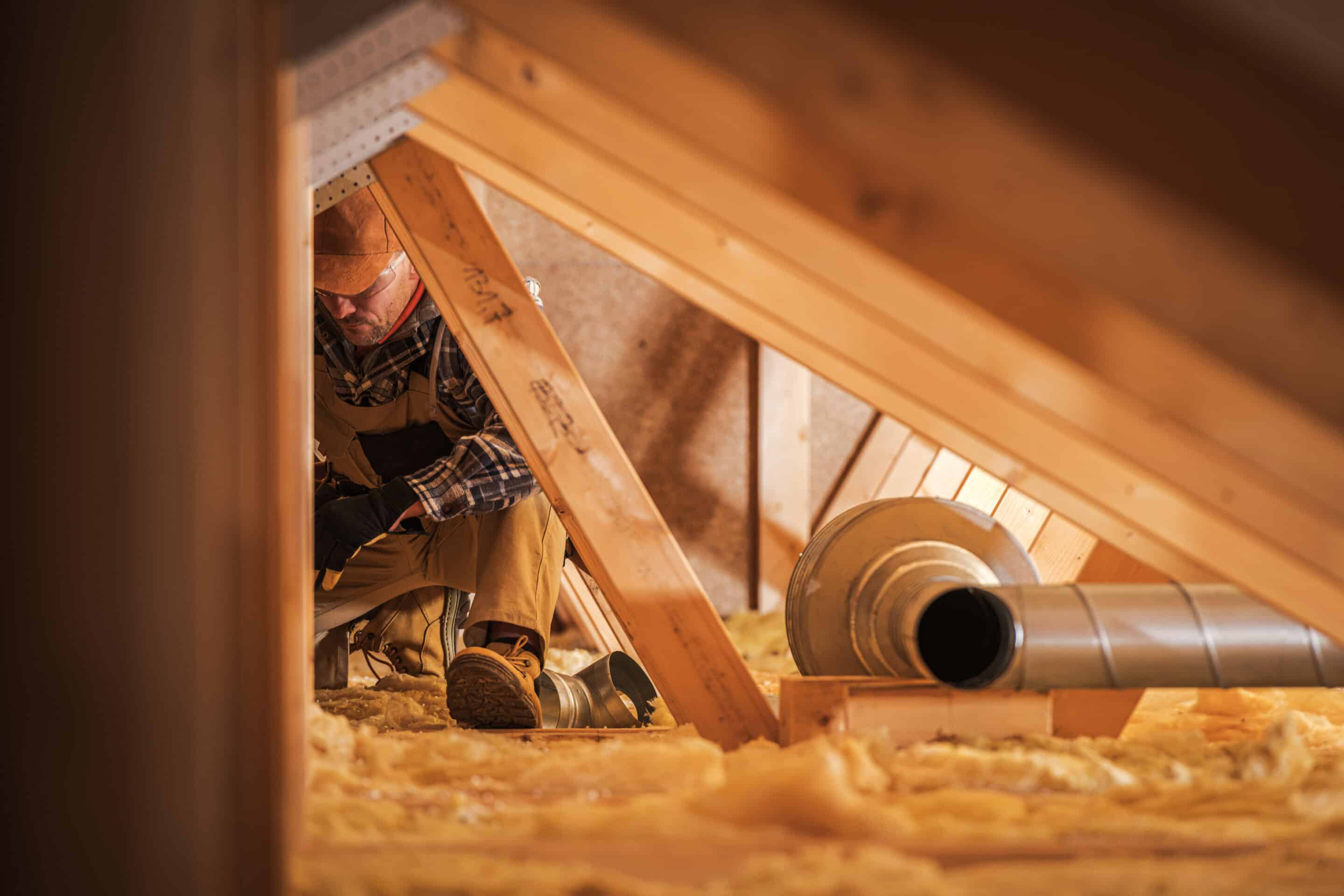

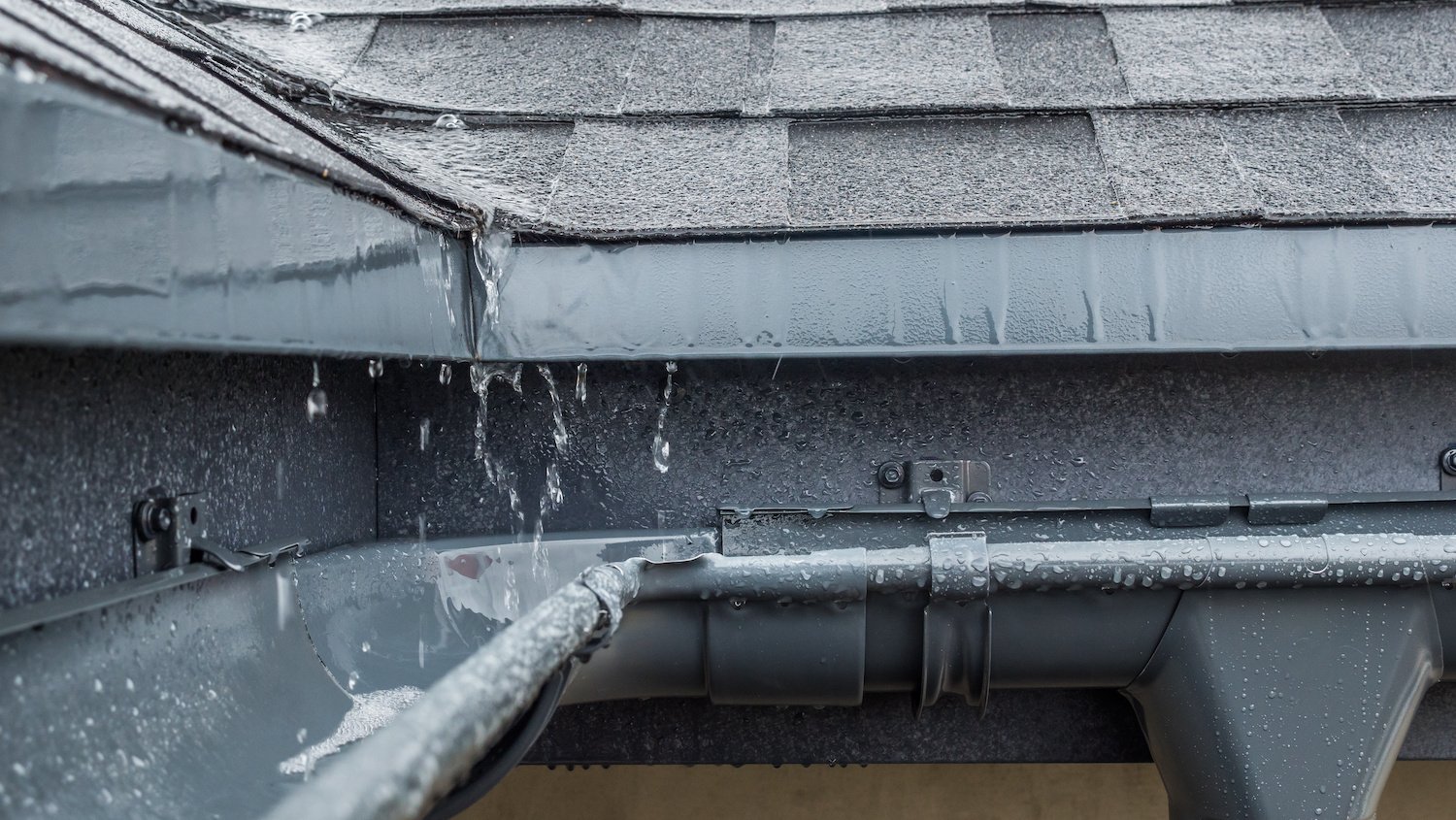
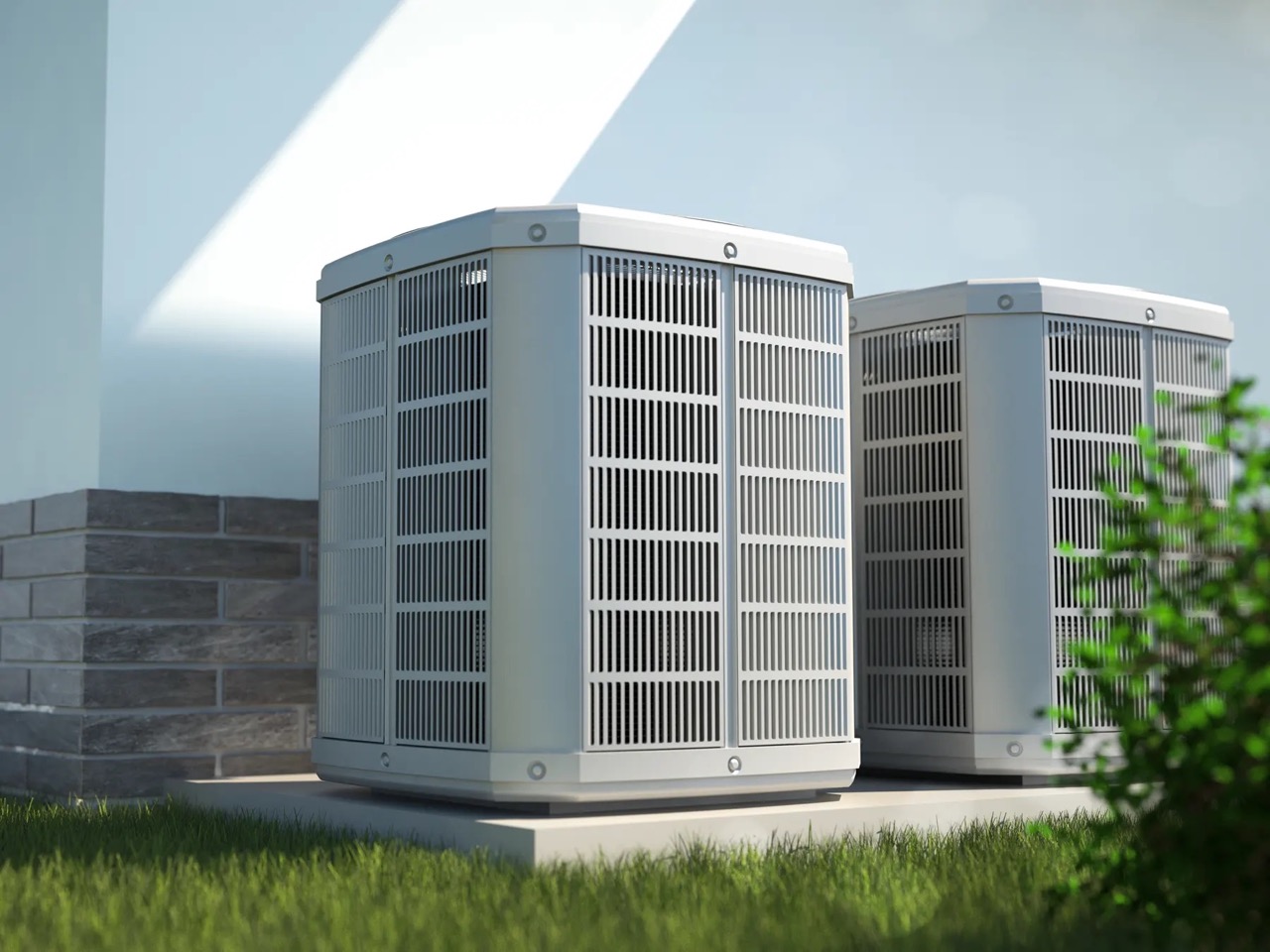







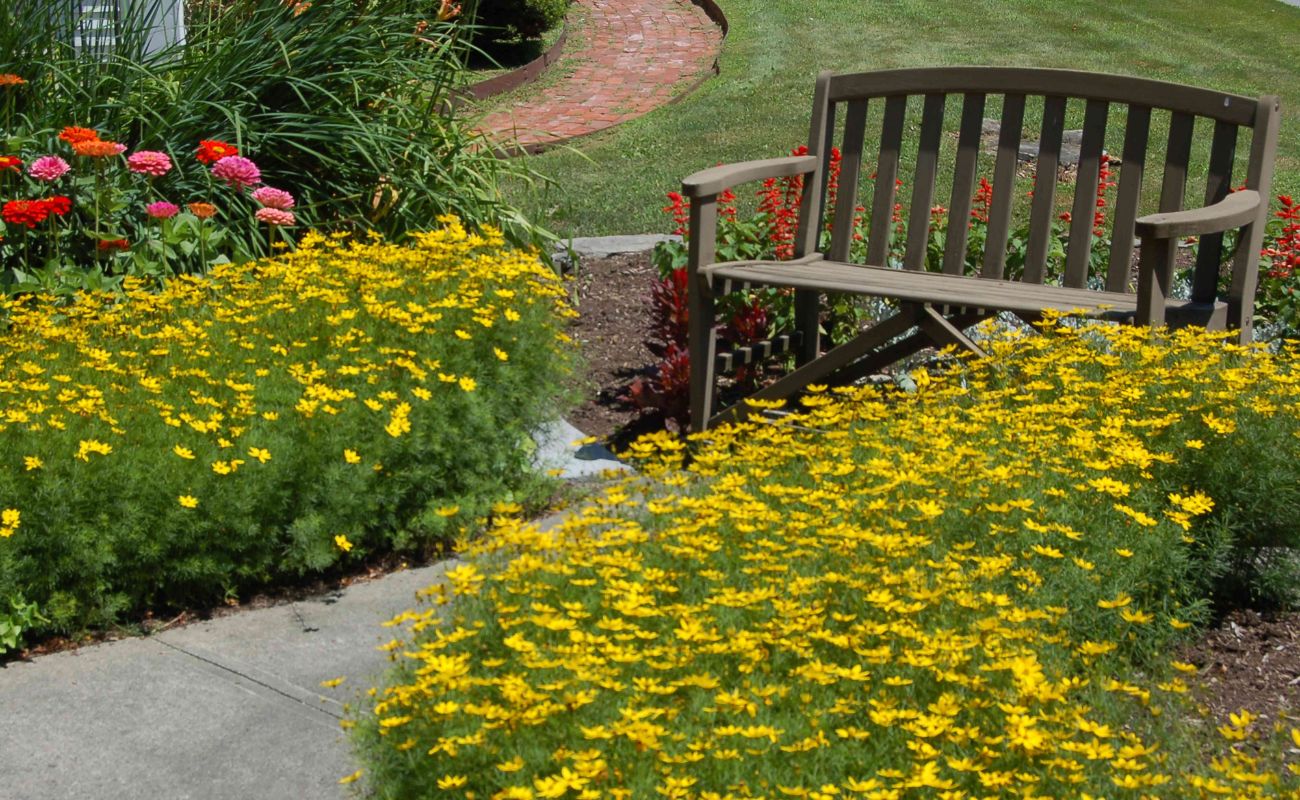



0 thoughts on “Why Is Lawn Care Important”